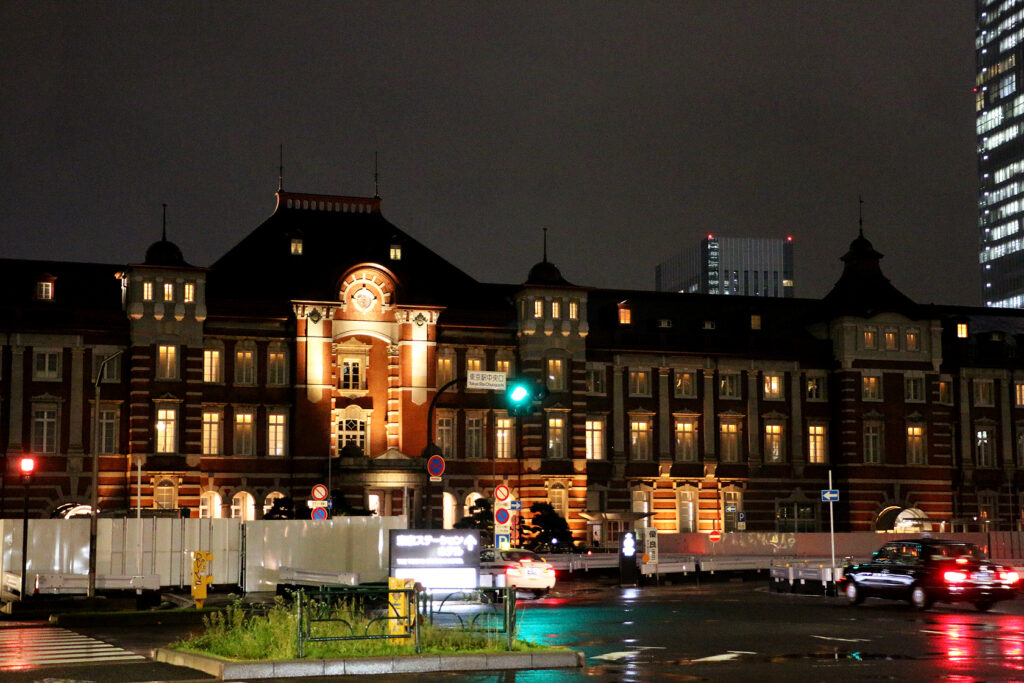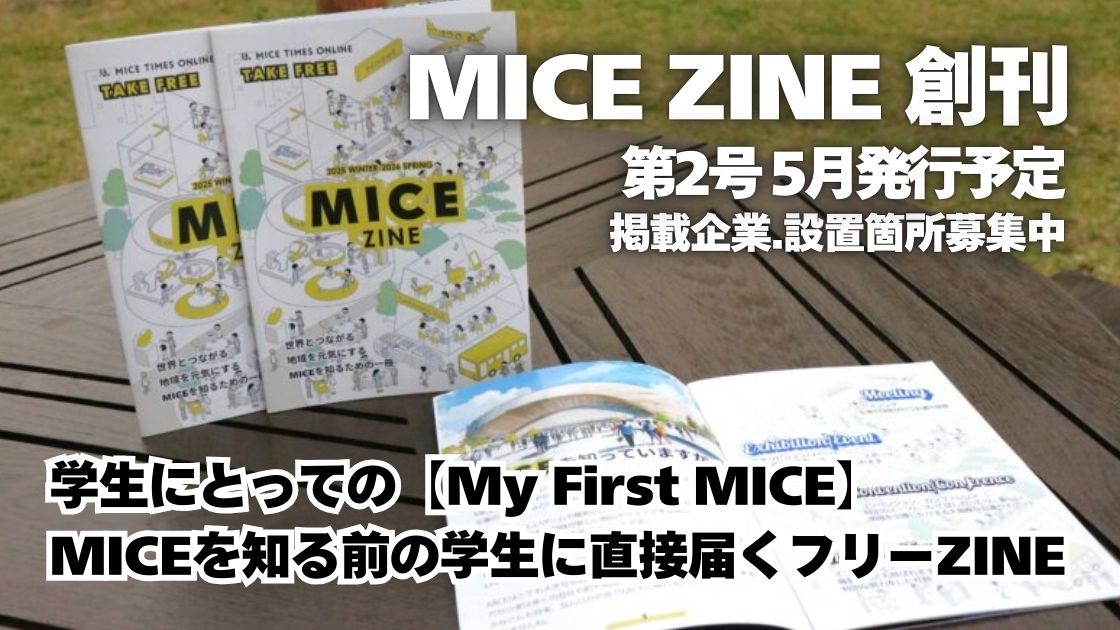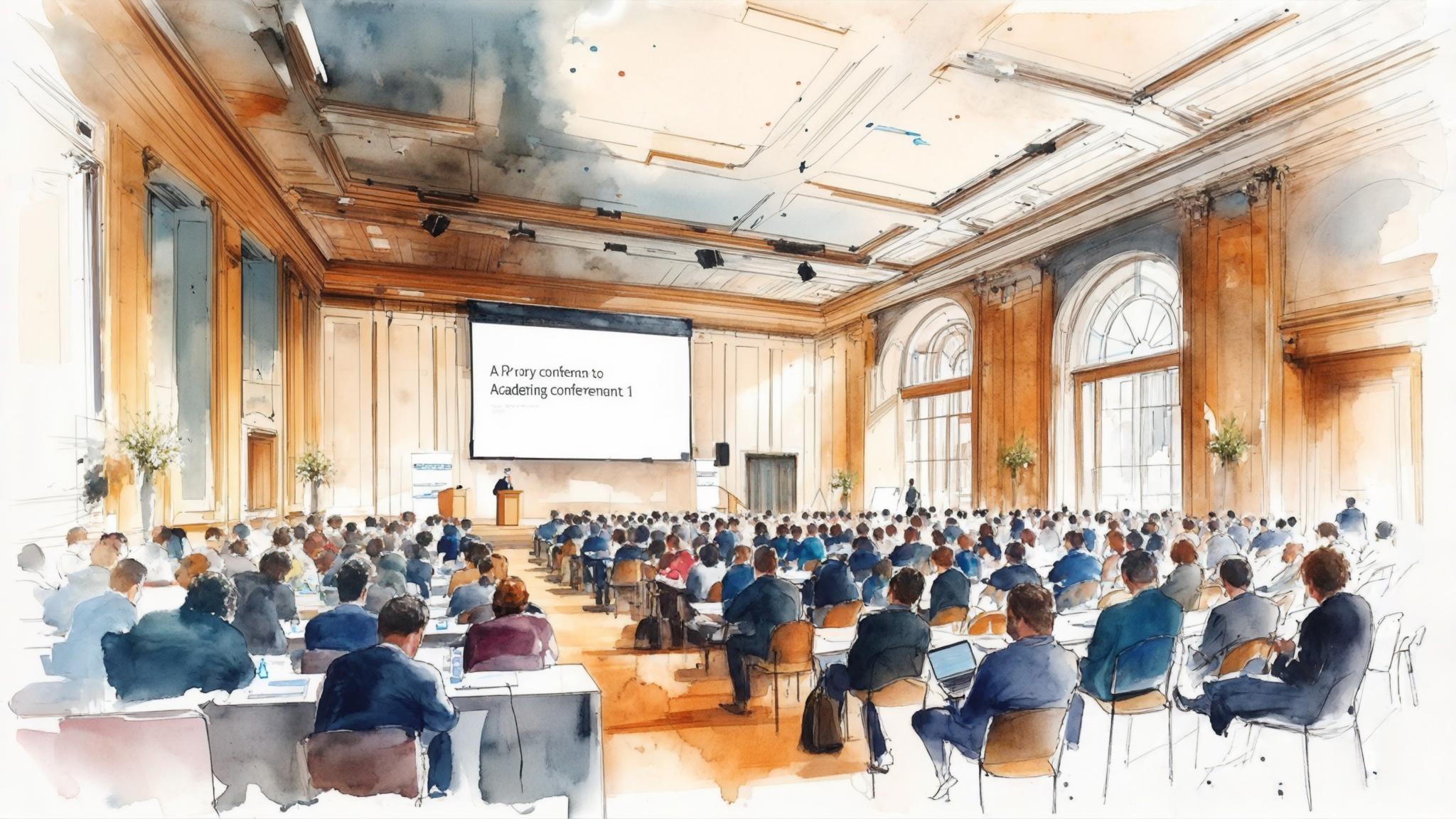
What Is MICE?
Have you heard the term MICE? It’s pronounced “maisu” in Japanese. It may be new to some readers, but it actually refers to a world of events and business that connects closely with our everyday lives.

MICE stands for:
Meeting (meetings and training)
Incentive Travel (incentive and training trips)
Convention (international conferences and academic congresses)
Exhibition/Event (trade shows, fairs, and events)
In addition to training institutes, hotels, convention centers and meeting halls, universities, and exhibition venues, historic buildings and cultural institutions are sometimes used as unique venues for parties and receptions.
Meeting
This refers to corporate and organizational gatherings such as meetings, seminars, and training sessions. Typical sizes range from a few dozen to a few hundred participants, centering on small to mid-sized business meetings. Concrete examples include new product launches, strategy meetings, specialist workshops, new-hire training, and job-offer and induction ceremonies. Required facilities include meeting halls, seminar venues, and accommodations.
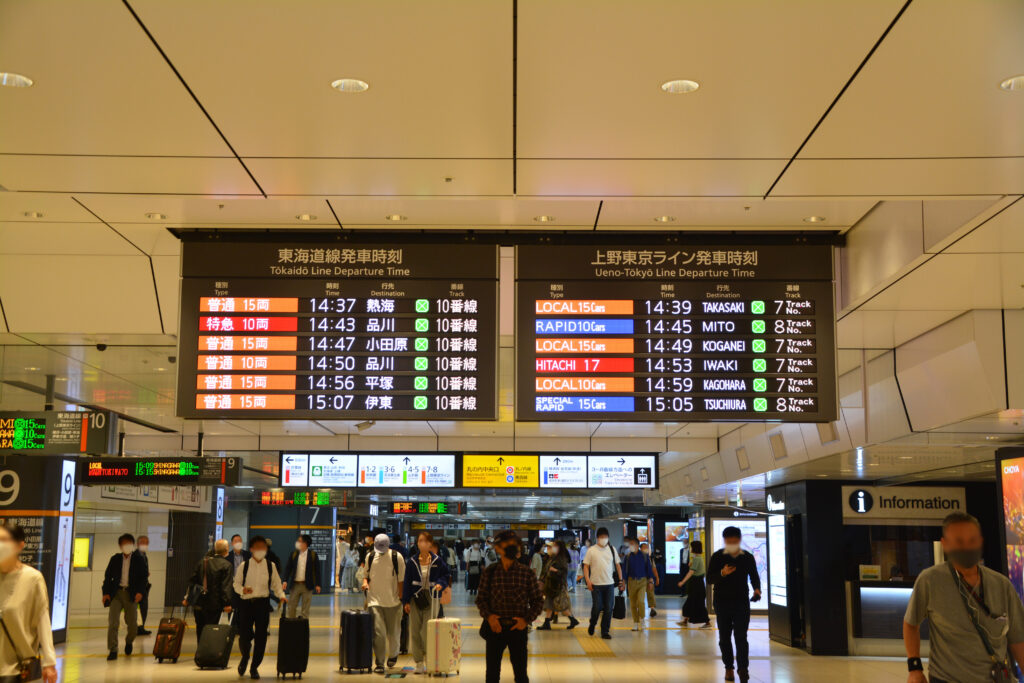
Incentive Travel
These are special trips organized by companies to boost motivation among employees or business partners. A classic example would be a Hawaii trip awarded to staff who meet sales targets. Programs can include recognition ceremonies and hosted trips for employees, partner companies, and agencies. “Unique venues” are sometimes used for special settings. With strong elements of sightseeing and recreation, incentive travel supports team building and improves employee satisfaction.
In recent years, as remote work has spread, a new format called “workation” has drawn attention. A workation combines work and vacation; by working in a relaxing environment, it aims to raise both productivity and satisfaction.
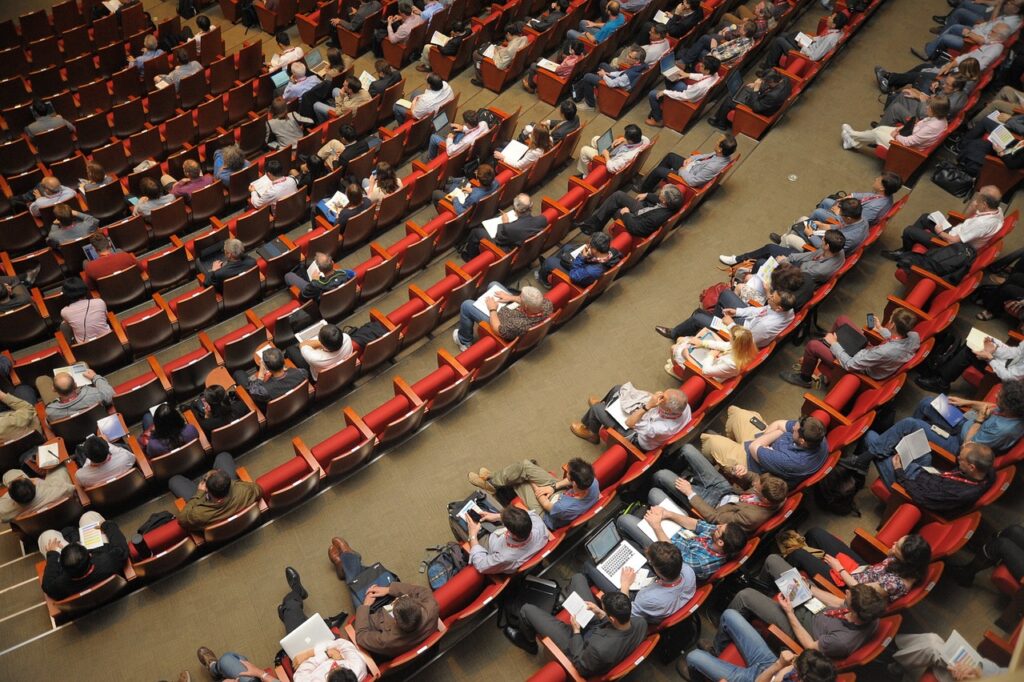
Convention / Conference
This covers conferences and academic congresses, including large-scale international meetings. Attendance can range from the hundreds to the tens of thousands, bringing together experts, researchers, and business leaders. Depending on the scale—such as for intergovernmental meetings—large venues and ample accommodations are required. Multiple sessions and workshops proceed in parallel, and exhibitions are often co-located.

Exhibition / Event
“Exhibition” refers to trade shows and expos aimed at new product launches and business negotiations. Objectives include product/service promotion, brand awareness, and deal flow. “Event” also encompasses sports events, music festivals, film festivals, and more.
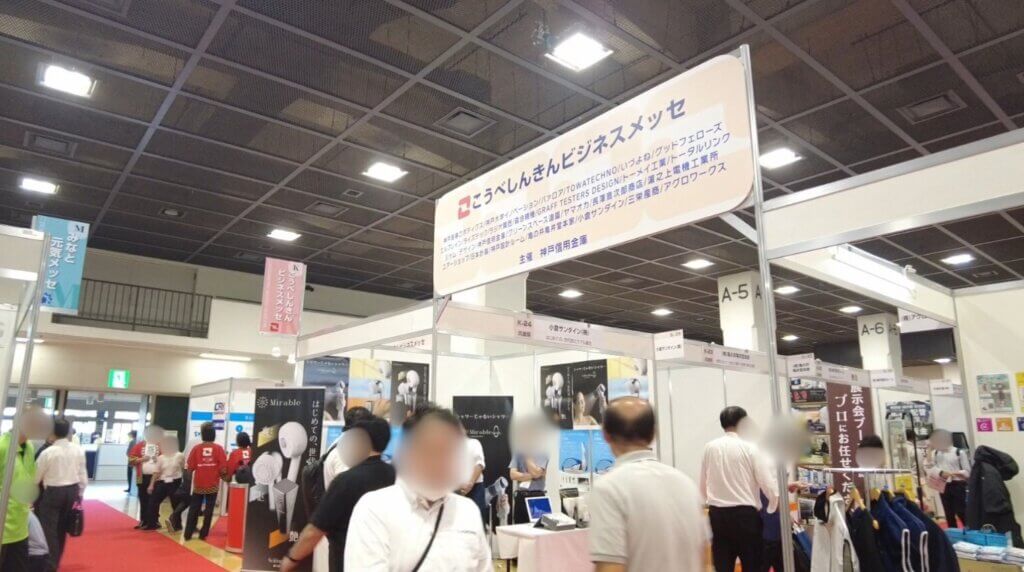
Why MICE Is Drawing Attention and Why It Matters
Globalization and the Need for Information Exchange
As business globalizes, cross-border opportunities for information exchange and networking are in higher demand than ever. While the spread of the internet has made online communication easier, the value of face-to-face interaction remains high, and MICE serves as a vital platform to meet that need.
The Economic Importance of MICE
One key reason MICE is considered important is its economic impact. Host destinations welcome large numbers of participants, and their spending has a significant effect on the local economy. The ripple effects extend across related industries, including accommodation, dining, transportation, tourism, and shopping.
Technological Innovation and Knowledge Sharing
International conferences and trade shows showcase the latest research findings and technologies. This raises the overall technical level of entire industries and contributes to their development. Seminars and workshops also provide opportunities to learn specialized knowledge and keep abreast of the latest trends and market movements.
Job Creation
Operating MICE events requires many hands, generating direct employment opportunities. The effects spill over to related industries—hotels, restaurants, transportation, tourism—helping to promote local employment. In the short term, staff and volunteers are recruited during event periods; in the long term, as the MICE industry grows, demand will rise for highly specialized talent.
Enhancing the Brand of Cities and Regions
Successful MICE events enhance the host’s name recognition and image. This supports not only tourism promotion but also corporate investment and the attraction of new projects. Large-scale events receive coverage from domestic and international media, increasing opportunities to communicate outward and elevating the reputation of the destination as a forward-looking city or region.

The Social Significance of MICE
MICE not only creates business opportunities while leveraging local tourism resources; it also helps disseminate regional culture and build international networks. For example, participation in international exhibitions provides exposure to the latest information and technology from overseas, contributing to industry-wide advancement. New partnerships also frequently emerge from interactions among participants.
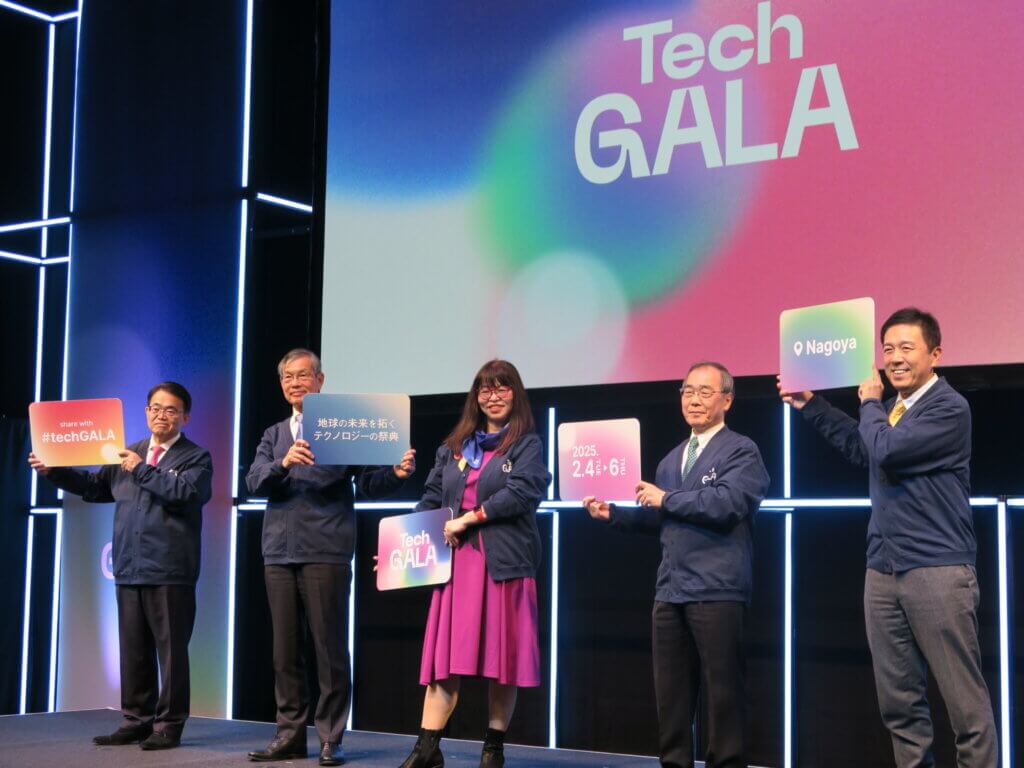
Use of Digital Technologies
Cutting-edge technologies such as virtual reality (VR), augmented reality (AR), and artificial intelligence (AI) are being incorporated into MICE events to enhance participant experiences.
Focus on Sustainability
Environmentally conscious, sustainable event operations are increasingly expected. The use of renewable energy, reduction of waste, and contributions to the local economy are emphasized, becoming key elements in the design and execution of MICE events.
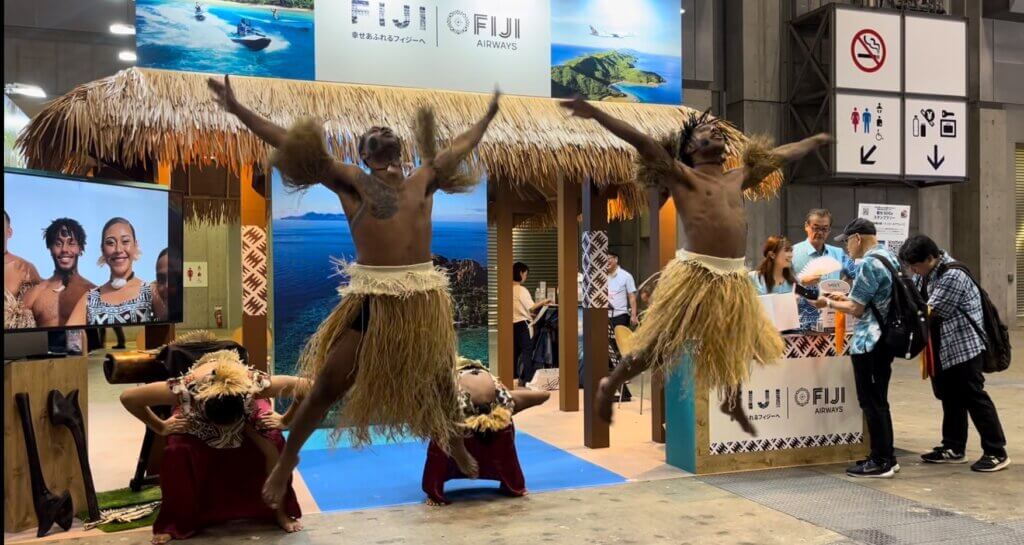
The Potential of MICE to Revitalize Regions
Hosting MICE outside major cities helps energize entire regions, not just urban centers. It also offers an ideal opportunity to showcase local culture and specialty products to audiences at home and abroad.
Leveraging Local Tourism Resources
After-event sightseeing tours and hands-on programs let participants enjoy the region.
Regional Branding
Events focused on specific industries or cultural assets highlight regional characteristics.
Local Government Initiatives and Support Systems
Many local governments implement their own MICE-promotion measures. They provide support for hosting international conferences and offer subsidies. With the establishment of convention bureaus, they also support MICE event planning and operations.
